Surely the hot hatch of 2016. With its 2.3 litre direct injection Ecoboost engine, this is the fastest and most capable Ford RS to date.
Its twin scroll turbocharger gives a strong, linear, almost normally aspirated feeling power curve and is a great example of how things have moved on with turbocharged 4 cylinder engines. However, as with most production cars, it feels a little “soft” out of the box so we bought one on launch day and set about creating a solution!
Having long been fans of the Focus since owning our own Focus RS MK1 over 20 years ago, plus being the first tuner in the world to tune a MK2 Focus RS via the OBD port, we naturally had an order in with Ford to have the MK3 Focus RS delivered to us on launch week!
We had a strategy ready to roll on the dyno in no time because the Focus RS MK3 is controlled by a Bosch PCM we have many years of previous experience with… the MEDG17. This has been fitted to previous Ecoboost vehicles like the Focus ST and Mustangs we had been tuning for years so we were one of the first companies able to offer power upgrades for the MK3 RS platform.
Whilst the car admittedly feels a little flat as standard, it really comes to life from the 380 package upwards as we have tailored the calibration to bring the driving experience to life… it really is awesome to drive with 520Nm of torque and 380PS, and its simply incredible with 580Nm and 420PS. Of course, should you wish to fully forge the engine and add a few extra bolt ons, 700NM+ and 530PS+ makes for a VERY serious road car!
Before you choose your power level, there are decisions to be made. You must first of all consider the two different approaches to tuning that we offer on this vehicle. The most cost effective (and more traditional) option is to send the calibration in via the OBD port and all you receive is the data.
The second, more expensive way is to utilise the amazing COBB Accessport. As if owning one of these amazing handsets wasn’t enough, it also unlocks many additional benefits, such as being able to display gauges and its data-logging facilities but also the ability to install and remove the tune yourself at home.
This is the traditional way of tuning that most people understand and have had done before. The tune is fully optimised utilising all the features of the vehicles factory ECU firmware and flashed in via OBD as normal. It is a “data only” tune and as such is certainly the most cost effective way to tune the vehicle. This option requires either ourselves or one of our installers have your vehicle in house. This option does NOT add any COBB Custom features such as map switching and flat foot shifting etc.
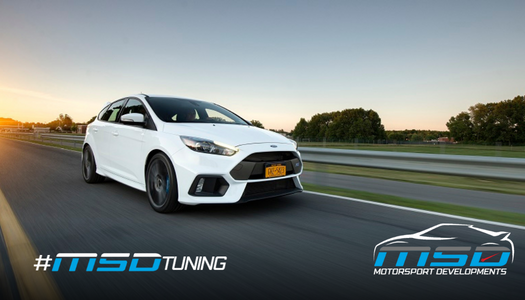
MSD 380 (540Nm and 380PS)
This calibration works perfectly on a totally standard car and lifts the power restrictions from within the ECU, further enhancing the power output to 540NM and 380PS which really brings the car to life!.
This isn’t just headline power either, flexibility and reliability are our specialty so the ECU’s incredible torque model is fully retained ensuring factory driveability with no hesitations, surges or hiccups in the power delivery.
Naturally, as with all MSD power upgrades, all necessary safety limits and protection strategies are re-profiled and enhanced in order to allow the extra performance whil st retaining a strong, O.E Level of engine protection.
Please be aware that power figures don’t tell the whole story with these management systems, making extra power is easy, but many companies completely disable the torque control and most of the protection strategies in order to do so and this can cause driveability and longevity concerns with often massive boost levels required to make the power. Read our comprehensive “Safety” tab for more details.
Additional hardware needed:
Optional hardware upgrades:
Standard Calibration Features
Personalisations Available: (At time of programming)
Total cost installed to the car via OBD including an initial diagnostic session, labour and vat = £399.00
MSD 400 (560Nm and 400PS)
This calibration is designed to work with the factory hardware and a free flowing air filter to help with the extra air flow. This calibration further increases the engines power over our MSD 380, increasing the torque output to 560 NM low down and extending the power higher up the rev range to 400PS.
This isn’t just headline power either, flexibility and reliability are our speciality so the ECU’s incredible torque model is fully retained ensuring factory driveability with no hesitations, surges or hiccups in the power delivery.
Naturally, as with all MSD power upgrades, all necessary safety limits and protection strategies are re-profiled and enhanced in order to allow the extra performance whilst retaining a strong, O.E Level of engine protection.
Please be aware that power figures don’t tell the whole story with these management systems, making extra power is easy, but many companies completely disable the torque control and most of the protection strategies in order to do so and this can cause driveability and longevity concerns with often massive boost levels required to make the power. Read our comprehensive “Safety” tab for more details.
Additional hardware needed:
Optional hardware upgrades:
Standard Calibration Features
Personalisations Available: (At time of programming)
Total cost including an initial diagnostic session, labour and vat = £499.00
MSD 420 (580Nm and 420PS)
This is our maximum power output on factory engine internals and further increases the engines torque output to 580 NM and peak power output to 420PS.
This isn’t just headline power either, flexibility and reliability are our speciality so the ECU’s incredible torque model is fully retained ensuring factory driveability with no hesitations, surges or hiccups in the power delivery.
Naturally, as with all MSD power upgrades, all necessary safety limits and protection strategies are re-profiled and enhanced in order to allow the extra performance whilst retaining a strong, O.E Level of engine protection.
Please be aware that power figures don’t tell the whole story with these management systems, making extra power is easy, but many companies completely disable the torque control and most of the protection strategies in order to do so and this can cause driveability and longevity concerns with often massive boost levels required to make the power. Read our comprehensive “Safety” tab for more details.
Additional hardware needed:
Optional hardware upgrades:
Standard Calibration Features
Personalisations Available: (At time of programming)
Total cost including an initial diagnostic session, labour and vat = £499.00
A small selection of our best selling Focus RS MK 3 tuning parts
(Click to see them on our webshop)
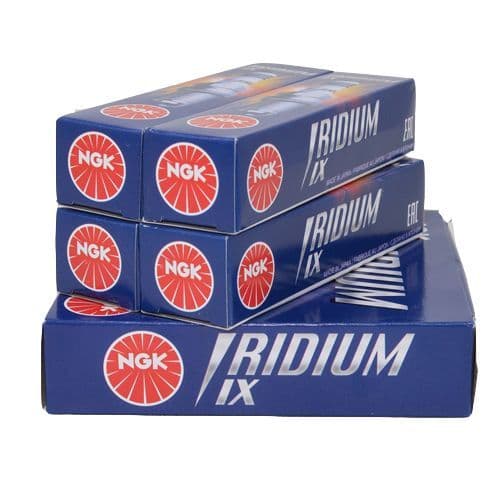
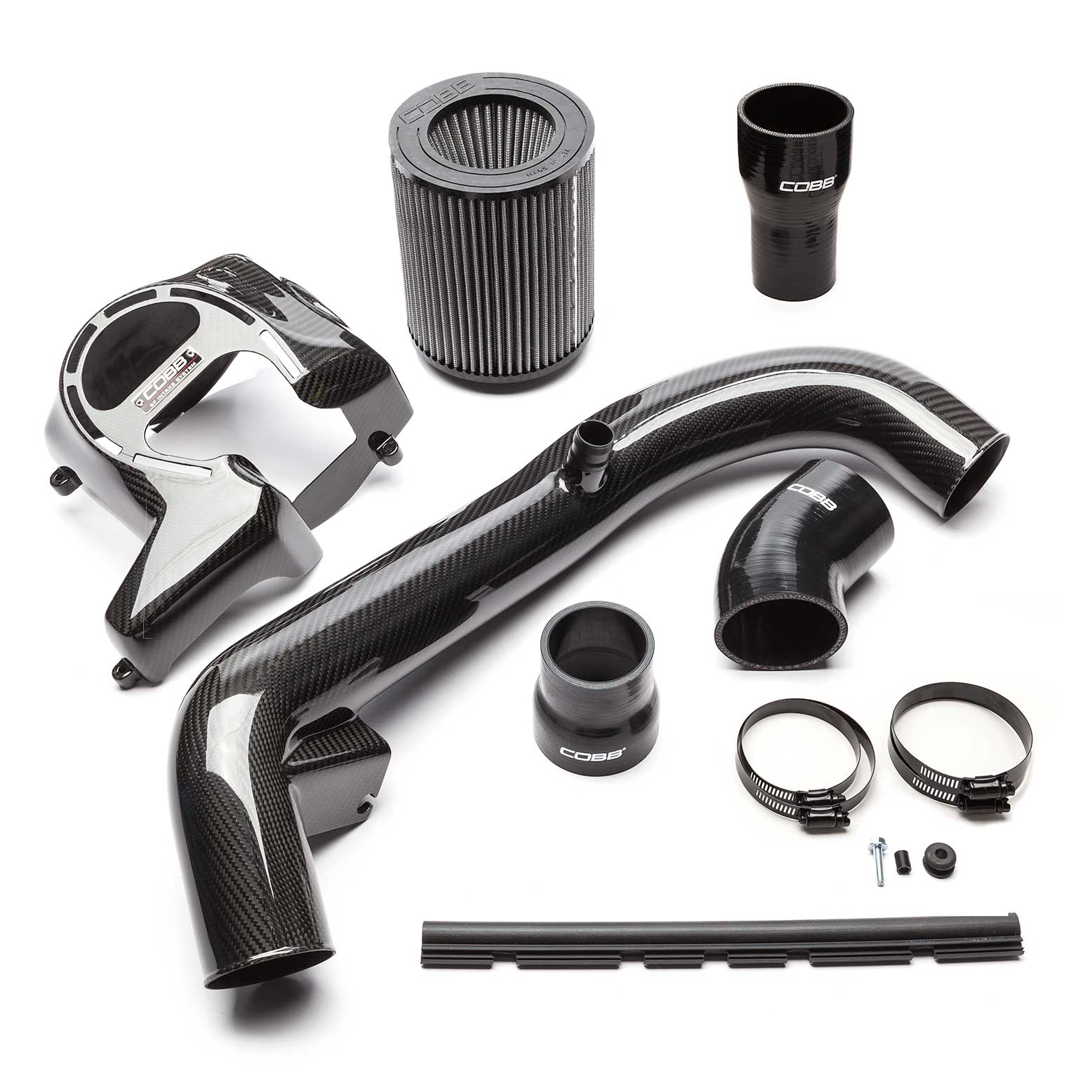
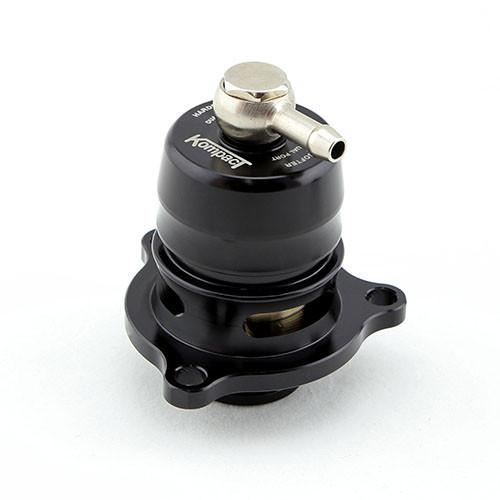
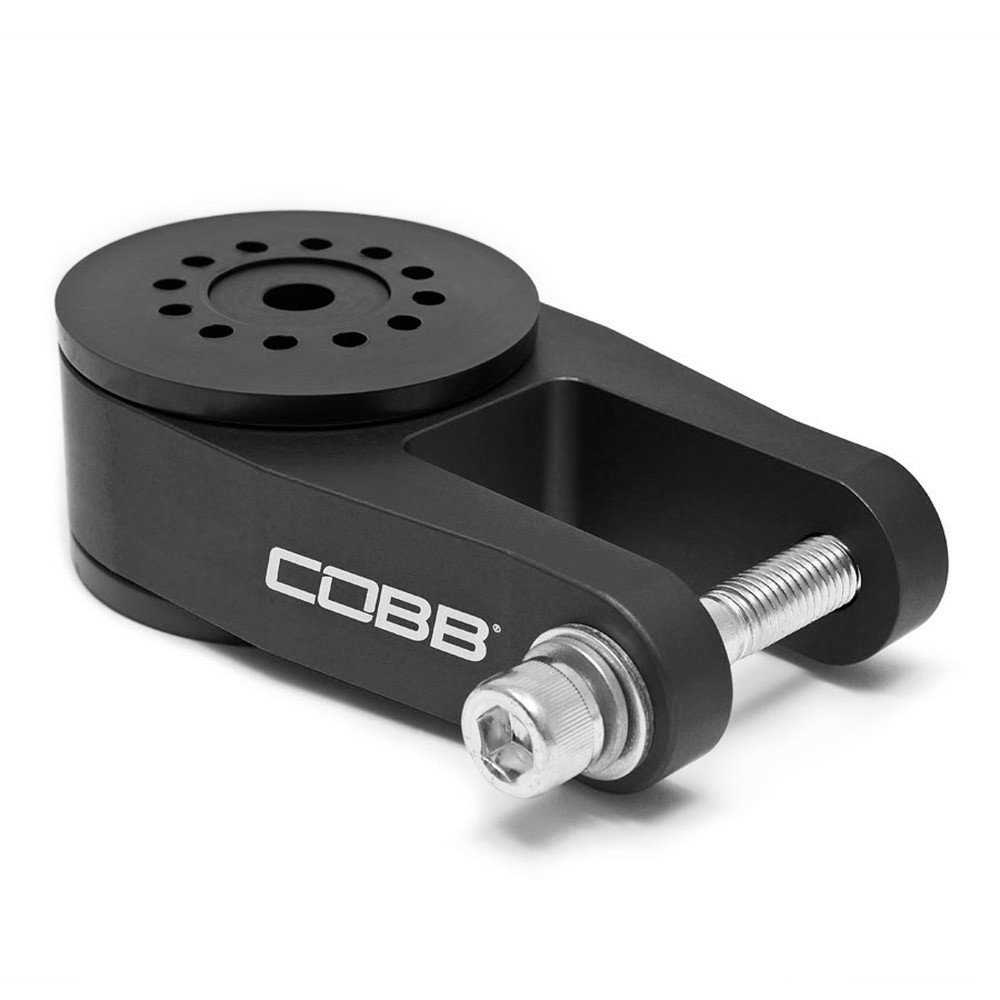
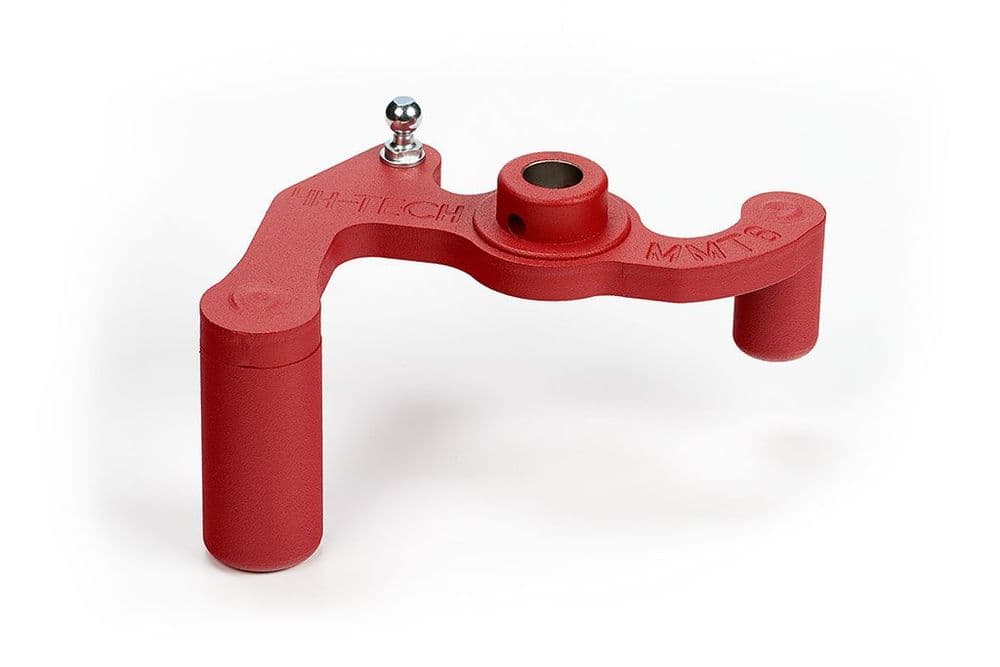
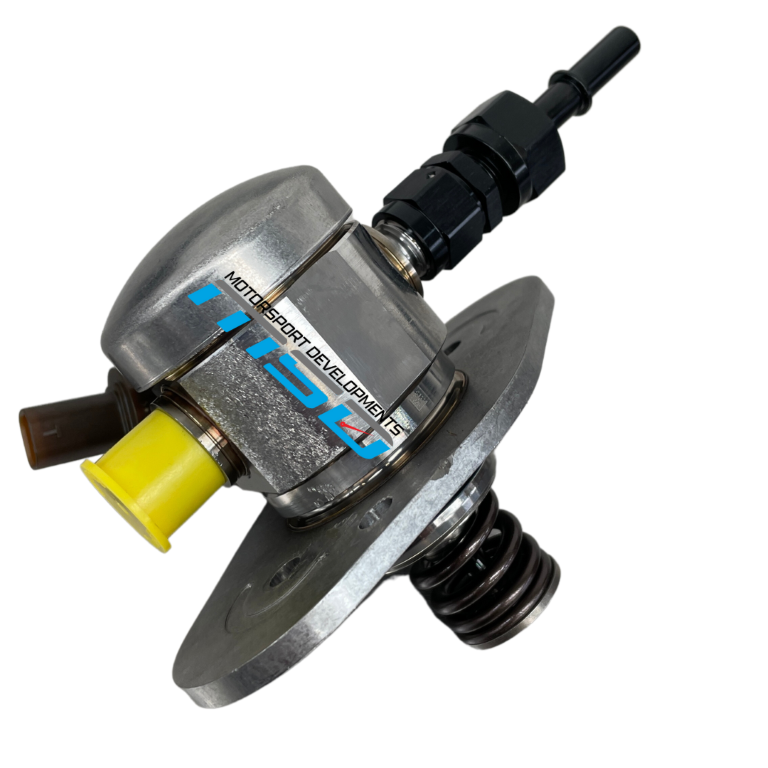
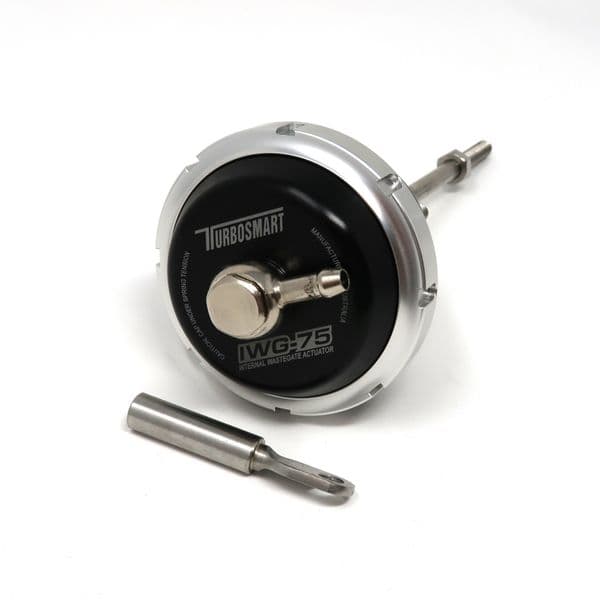
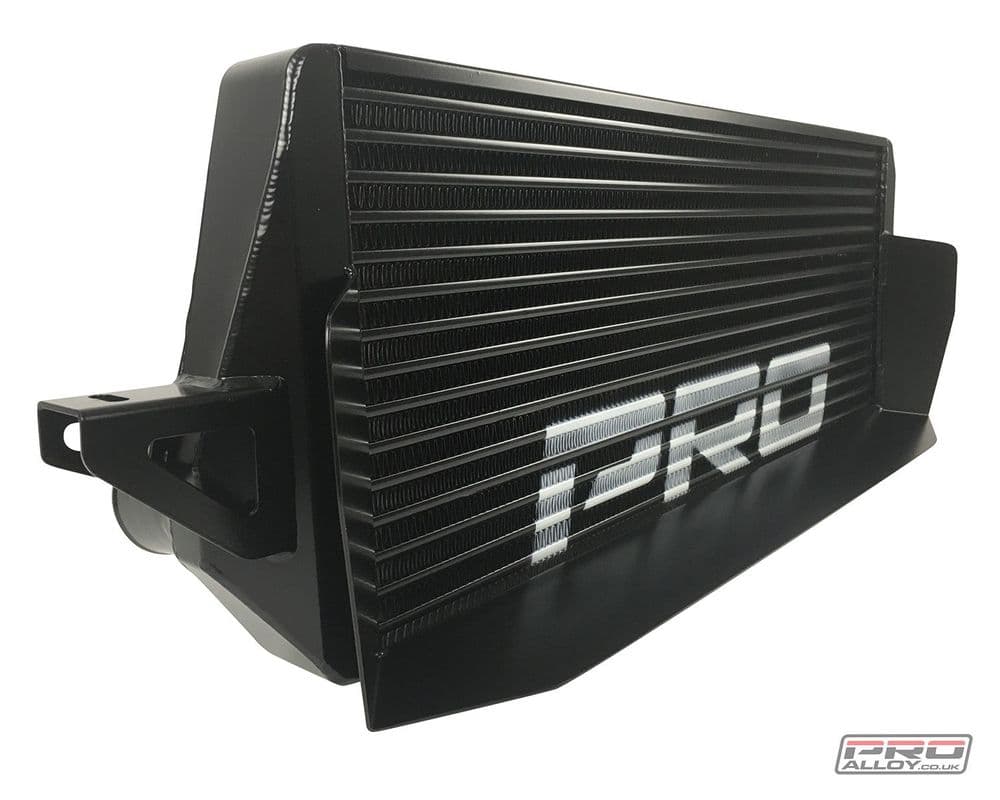
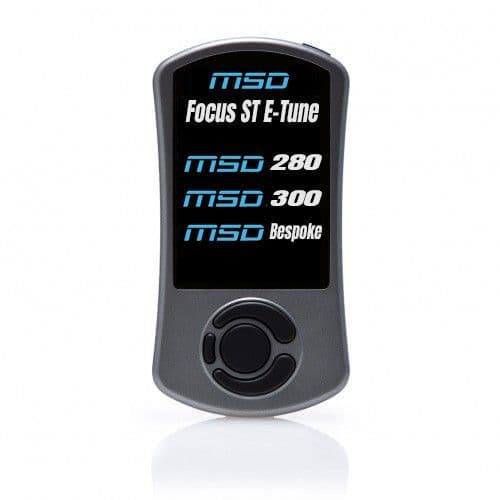
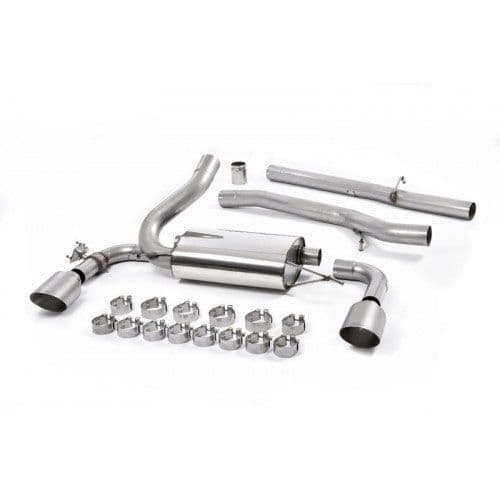
There are many ways to calibrate a modern vehicles ECU but the sad fact remains that a huge percentage of the tunes we see have had all the safety strategies and drive logic features removed from them. These MEDG17 PCM’s have exceptional engine control strategies built into them and these systems are a key reason that as standard, these vehicles drive so amazingly well. Smooth, linear and powerful to the rev limiter. And safe too… the protection strategies are incredibly complex and work alongside a very comprehensive torque model in order to deliver what the driver asks, but keep the engine in one piece should things go wrong.
To recalibrate an MEDG17 PCM properly, from scratch as we do, takes many hundreds of hours of development on our in house dyno. But the results are worthwhile.
Rest assured that when we calibrate a vehicles PCM we retain:
The above may look and read like common sense?
You are right… retaining everything above is desirable, but to do so requires an understanding of how these torque modelled systems work so that we can actually “recalibrate” the various sub-systems to work the way we want them to, whilst targeting higher airflow and power levels.
Sadly, because all of the above strategies will, by their very nature, fight our efforts to create extra airflow, many amateurs find ways to just disable the limits, often by “de-calibrating” the system so it will allow extra airflow.
We regularly see calibrations with various anticipation and prediction systems switched off, load limits flat-lined, air load limits totally disabled, fuel flow limits deleted, knock systems de-sensitised, the list goes on, its quite disappointing to see.
How would you know?
That’s a good question, and it depends just how bad they have de-calibrated the system.
Lets face a simple fact here… if you have a vehicle with a virtually standard engine and turbo that drove perfectly well before a re-calibration, extending its headroom wont make it drive or perform worse during normal driving. Why would it? No reason at all. Same engine, same air path, same hardware. So it should drive the same, but be faster at big throttle openings.
Now, if they have “only” removed all the safety limits (running more boost than a 3bar map sensor can see for example) then the vehicle will still drive perfectly well if the rest of the system has been recalibrated to properly request the torque the conversion makes. That kind of calibration will just have no safety limits in place should anything go wrong. hopefully it wont, so all is well.
However, if you start to disable the torque targeting system, or make a mess of recalibrating it then you end up with all manner of horrible drive-ability problems. Aggressive throttle, unpredictable or surging power delivery, doesn’t want to just cruise along at a set speed, these are all very common when a confused ECU tries to deliver closed loop airflow control with a broken model.
Some are actually so bad that if you cool the air properly with an uprated intercooler they actually drive worse… We see that on the dyno where some tunes make more power with the cooling fans turned off in our cell, the poor ECU has no clue what to do with the extra air density any more so it closes the throttle if you cool the air!
And if that wasn’t bad enough, some of these de-calibrated strategies are of course firing out fault codes so we see some with all 300+ codes just deleted so the ECU cant report them. This in turn disables all the limp home strategies designed to take control and get you home in the event of component failure.
Sadly, this is the reality of modern tuning… Take care out there!
A MK3 Focus Rs MSD 530 Multimaps showing power in your three slots (Switchable on-the-fly)
Slots 1 = 349PS / 528NM
Slot 2 = 432PS / 609NM
Slot 3 =537PS / 767NM
.jpg)
This OBD calibration can be purchased from Demon Performance Centre
Have questions, comments, or ready to schedule an appointment? We’d love to hear from you! Please fill out the form below, and one of our team members will get back to you as soon as possible. Your satisfaction is our priority, and we’re here to assist you with any inquiries you may have. Let’s connect and ensure your automotive needs are met with precision and expertise.